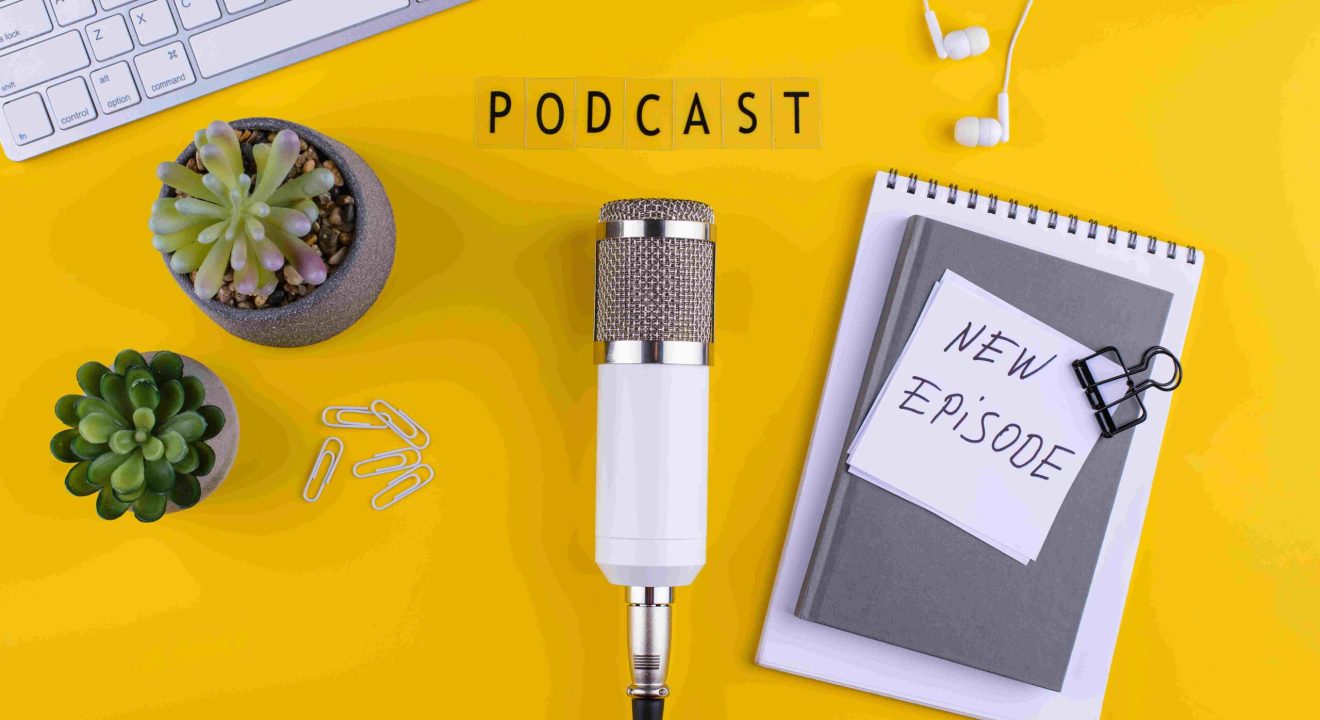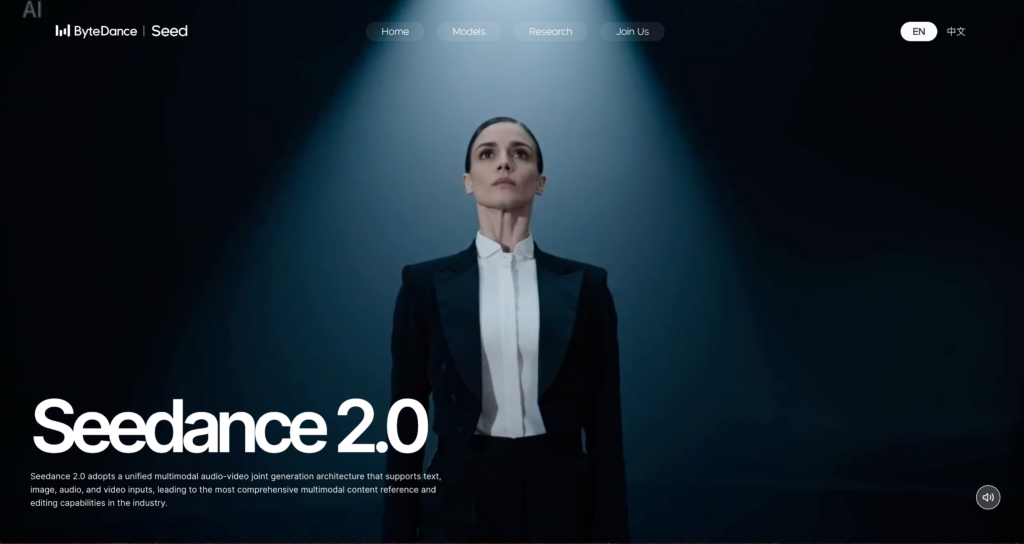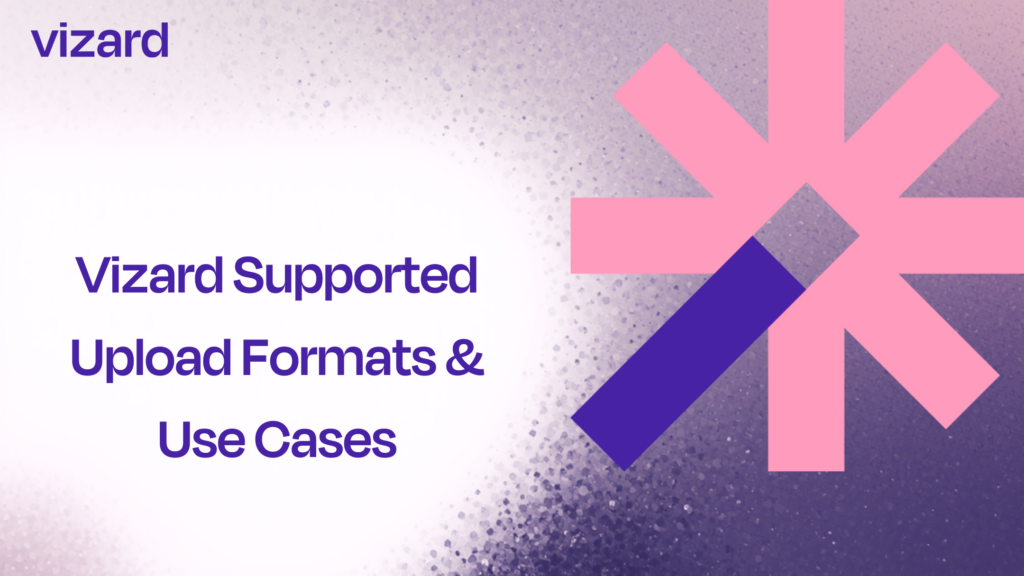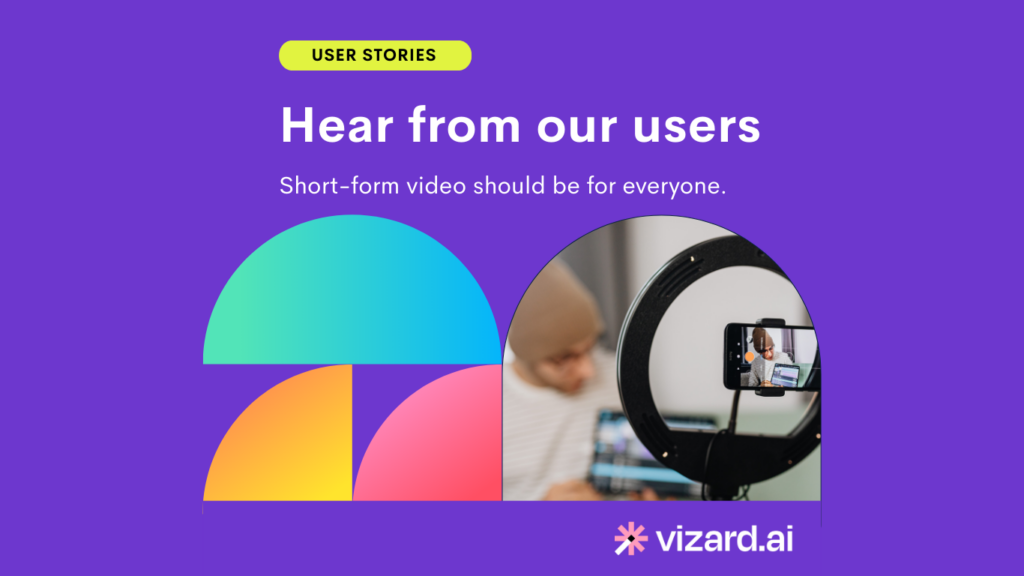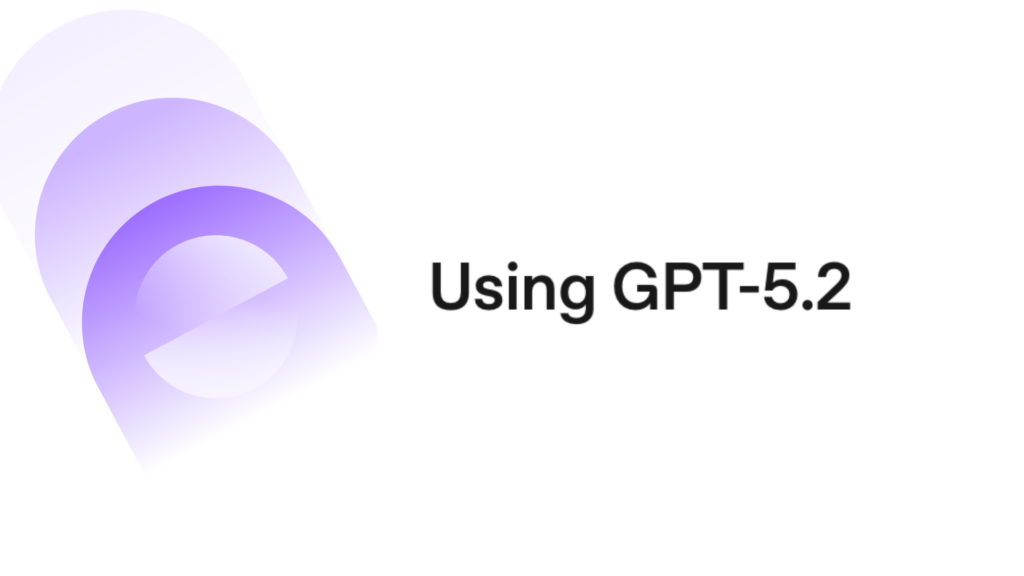Have you ever had a conversation so engaging or stumbled upon an idea so exciting that you thought, “If only I could share this with the world!” Podcasting offers a platform to do exactly that. Whether it’s your insights, expertise, or even just your passion for storytelling, podcasts allow you to connect deeply with an audience, build relationships, and establish your voice in the digital world.
But while podcasting might sound like a dream come true, many people hesitate to start. The reasons vary—technical doubts, uncertainty about topics, or even the fear of putting yourself out there. However, with the right guidance, starting a podcast can be both approachable and incredibly rewarding. Let’s explore how you can take the first steps to launch your very own show.
Why Do So Many People Hesitate to Start a Podcast?
For many aspiring podcasters, the biggest hurdle isn’t the equipment or the technology—it’s the concept. What should your podcast be about? Who is it for? How will it add value to listeners? These questions often feel daunting, and without clear answers, the idea of podcasting can quickly lose momentum.
I once spoke to a friend who was eager to start a podcast. When I asked him what the show would focus on, his response was vague: “I’m not sure yet.” This uncertainty is common and entirely normal. But here’s the truth: every successful podcaster starts at the same point. The key is to take that initial uncertainty and transform it into clarity through thoughtful planning.
The First Step: Define Your Purpose and Audience
Every great podcast begins with a clear purpose. Ask yourself, Why do I want to start a podcast? Is it to share your expertise, tell stories, entertain, or inspire? Once you understand your purpose, the next step is to identify your target audience. Who do you want to reach? Understanding your listeners—their preferences, challenges, and interests—will guide the tone, format, and content of your show.
For instance, if you’re a passionate home cook, you might want to create a podcast about easy recipes for busy professionals. On the other hand, if you’re a fan of mysteries, your podcast could explore unsolved cases. By narrowing your focus, you make it easier to connect with a specific audience who will find your content meaningful.
Crafting Your Podcast Concept: The Building Blocks of Success
With your purpose and audience in mind, it’s time to shape the core concept of your podcast. Start by giving your show a compelling name—something memorable and reflective of its theme. Your podcast name is the first impression potential listeners will have, so make it count.
Next, consider the structure of your episodes. Will you host solo episodes, conduct interviews, or collaborate with a co-host? Decide on an ideal episode length, keeping in mind that while shorter episodes (15-20 minutes) are great for quick insights, longer ones (30-60 minutes) allow for deeper exploration.
Don’t forget to plan your visual identity. Eye-catching cover art is crucial for attracting listeners as they browse podcast directories. Your artwork should visually convey the essence of your show while remaining clean and professional.
The Tools You’ll Need: Getting Started with Equipment
One common misconception is that podcasting requires expensive equipment. In reality, you can begin with just the basics and upgrade as you go. A high-quality USB microphone is an excellent starting point for clear audio. Pair it with comfortable headphones to monitor your recordings effectively.
You’ll also need recording software to capture and edit your episodes. For beginners, free tools like Audacity are easy to use and offer plenty of functionality. As you gain experience, you might explore more advanced options like Adobe Audition for greater control over editing.
Remember, the focus should always be on delivering value to your audience. Even with basic tools, engaging content will keep your listeners coming back.
Recording and Editing: Bringing Your Podcast to Life
When it comes to recording your episodes, choosing the right environment is essential. A quiet, echo-free space will help minimize background noise and distractions. Once you’ve recorded your content, editing becomes the next critical step. This process allows you to refine your audio, remove mistakes, and add elements like music or sound effects.
Editing might feel intimidating at first, but think of it as polishing your message. With practice, it becomes an opportunity to enhance your storytelling and create a seamless listening experience.
Publishing and Promoting: Reaching Your Audience
After recording and editing your episodes, it’s time to publish. Choose a reliable podcast hosting platform to distribute your show to popular directories like Apple Podcasts, Spotify, and Google Podcasts. These platforms make it easy for listeners to find and subscribe to your content.
Promotion is equally important. Leverage social media to share updates, engage with your audience, and create a buzz around your episodes. A dedicated website or blog can also serve as a hub for your podcast, housing show notes, transcripts, and additional resources.
Engagement is key—respond to comments, ask for feedback, and create opportunities for listeners to interact. Building a loyal audience takes time, but genuine connections are worth the effort.
Learning and Growing: Continuously Improving Your Podcast
Podcasting is a journey of constant growth. Use analytics from your hosting platform to understand your audience’s preferences and refine your content. Pay attention to listener feedback and be open to experimenting with new ideas.
Over time, you’ll develop your unique voice and style, making your podcast a true reflection of your passion and expertise.
Why You Should Start Now
The beauty of podcasting lies in its accessibility and potential for impact. Every day you delay is a missed opportunity to share your voice and connect with others. Whether your goal is to inspire, entertain, or educate, a podcast is a powerful tool to amplify your message.
Podcasting has transformed countless lives, opening doors to new opportunities and creating meaningful relationships. Your podcast could be the start of something incredible—for you and for your listeners.
Final Thoughts: Start Your Podcast Today
Starting a podcast may seem overwhelming, but it’s entirely achievable with the right mindset and tools. Begin by clarifying your purpose, planning your concept, and taking small, actionable steps. Remember, every successful podcaster once stood where you are now.
So, take the leap. Share your passion, tell your stories, and let your voice be heard. The world is waiting to listen.
This blog post uses storytelling to guide beginners through starting a podcast, focusing on the SEO keyword “How to Start a Podcast”. It provides actionable tips and transitions smoothly between sections. Let me know if further adjustments are needed!


